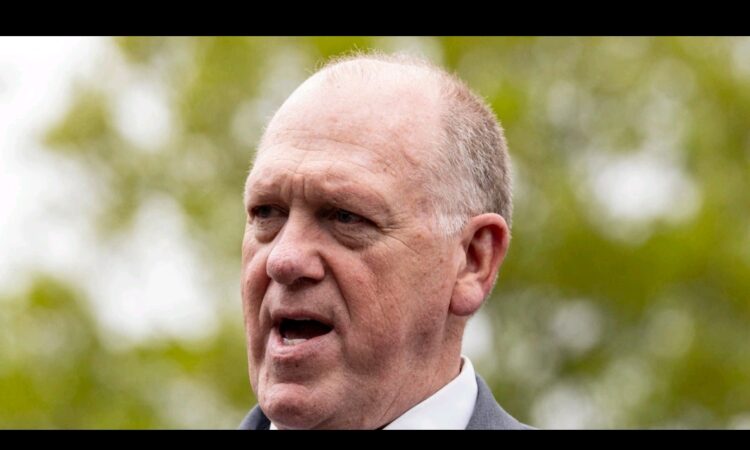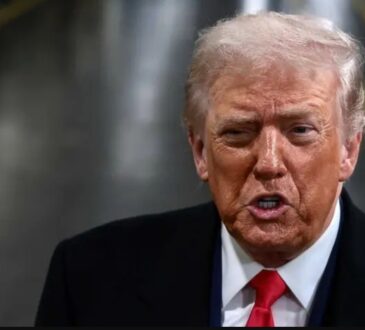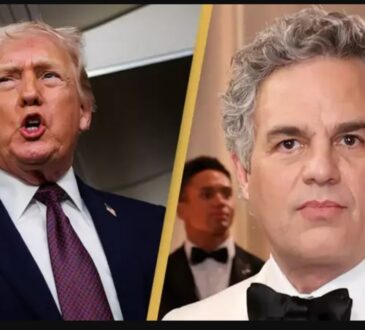
Tom Homan, the Trump-appointed border czar, said he couldn’t answer whether it’s legal to send U.S. citizens to foreign prisons. He told CNN that it’s not part of his job and that the Department of Justice would need to answer that. “I don’t deport U.S. citizens,” Homan said, adding that if anything, it would be a matter of extradition or prisoner transfer—something outside his responsibilities.
When asked the same thing, Attorney General Pam Bondi didn’t give a clear answer either. She said serious offenders should be kept behind bars as long as the law allows and that the U.S. would build more prisons if needed. But she didn’t address the legality of sending American citizens to prisons in other countries.
Typically, the Department of Justice and U.S. Marshals handle prisoner transfers, and Immigration and Customs Enforcement (ICE) deals with deporting non-citizens. Homan made it clear that ICE doesn’t have the power to deport Americans.
Despite this, Trump and his team have used the word “deport” when talking about sending U.S. citizens to places like El Salvador. Press Secretary Karoline Leavitt said Trump is just floating the idea and isn’t sure if it’s actually legal. She said they’re still figuring it out.
Trump himself mentioned the idea in March, joking on social media about sending people who vandalize Teslas to Salvadoran prisons, which are known for their harsh conditions. He brought it up again in a recent meeting with El Salvador’s President Nayib Bukele, saying he supported the idea and even offered to help fund more prisons there to hold Americans. He hinted that American citizens who commit crimes could be next to face these measures.
So far, though, no one in Trump’s circle has confirmed whether this plan is legally possible.




